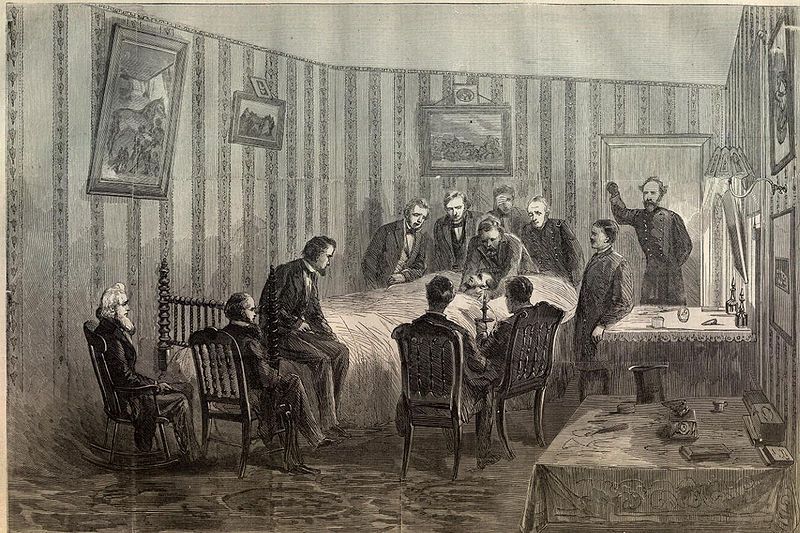Investigative journalists Glenn Greenwald and Laura Poitras returned to the United States on Friday for the first time since exposing the National Security Agency’s mass surveillance operations. They arrived in New York City to accept the Polk Award for national security reporting.
Glenn Greenwald and Laura Poitras of The Guardian became a story of their own amid speculation they could be arrested upon arriving at Kennedy Airport. They were instead confronted by only reporters and photographers before fighting through traffic en route to a midtown Manhattan hotel to receive a George Polk Award for national security reporting.
In remarks before an audience of other journalists and editors, the pair credited the courage of Snowden, the former NSA contractor who leaked the information for their story.
“This award is really for Edward Snowden,” Poitras said.
Greenwald said, “I hope that as journalists we realize not only the importance of defending our own rights, but also those of our sources like Edward Snowden.”
The pair shared the award with The Guardian’s Ewen MacAskill and Barton Gellman, who has led The Washington Post’s reporting on National Security Agency surveillance. Revelations about the spy programs were first published in the two newspapers in June.
In an announcement this afternoon, the Pulitzer Prize committee has awarded the Pulitzer Prize for public service to The Washington Post and the Guardian for their stories based on National Security Agency documents leaked by the former government contractor Edward J. Snowden. The citation did not mention Mr. Greenwald, Ms. Poitras or Mr. Gerlman.
Full transcript can be read here
LAURA POITRAS: So, I’m really incredibly honored to be here and thankful to the Polk committee for giving me a really good excuse to come home. This is the first time I’ve been home since I boarded a plane with Glenn and Ewen to go to Hong Kong, and so it’s really spectacular to be here. And it’s also quite disorienting. Last May, you know, the field, what we looked at, was a lot of uncertainty, risk, concern for everyone, and so it’s really extraordinary to be here and receive this award. But I think that it’s important also that we remember that when we actually do this reporting, the enormous risks that journalists take on and especially that sources take on, and in the case of Snowden, putting his life on the line, literally, to share this information to the public, not just the American public, but to the public internationally. [..]
GLENN GREENWALD: First of all, thank you so much to the Polk committee and Long Island University for this award. The reporting that we’ve done has received a lot of support and a lot of praise and the like, but it’s also received some very intense criticism, primarily in the United States and the U.K. And so, to be honored and recognized by our journalistic colleagues this way-speaking for myself, at least-means a great deal. I’m also really honored to be able to share the award with the people that I call my journalistic colleagues, who are on stage here with me, the people that James Clapper calls “accomplices.” You know, it really is true that the story could not have been told without numerous people, committed to telling it, involved every step of the way. [..]
And then, finally, you know, I think journalism in general is impossible without brave sources. I know our journalism, in particular, would have been impossible without the incredible courage of Edward Snowden. And it’s really remarkable that the reporting that we’ve done has won all sorts of awards, not just in the United States, but around the world, and he, in particular, has received immense support, incredible amounts of praise from countries all over the world and all sorts of awards, and the fact that for the act of bringing to the world’s attention this system of mass surveillance that had been constructed in the dark, he’s now threatened with literally decades in prison, probably the rest of his life, as a result of what the United States government is doing, I think, is really odious and unacceptable. And I hope that, as journalists, we realize how important it is not only to defend our own rights, but also those of our sources like Edward Snowden. And I think each one of these awards just provides further vindication that what he did in coming forward was absolutely the right thing to do and merits gratitude, and not indictments and decades in prison. Thanks very much.



Recent Comments